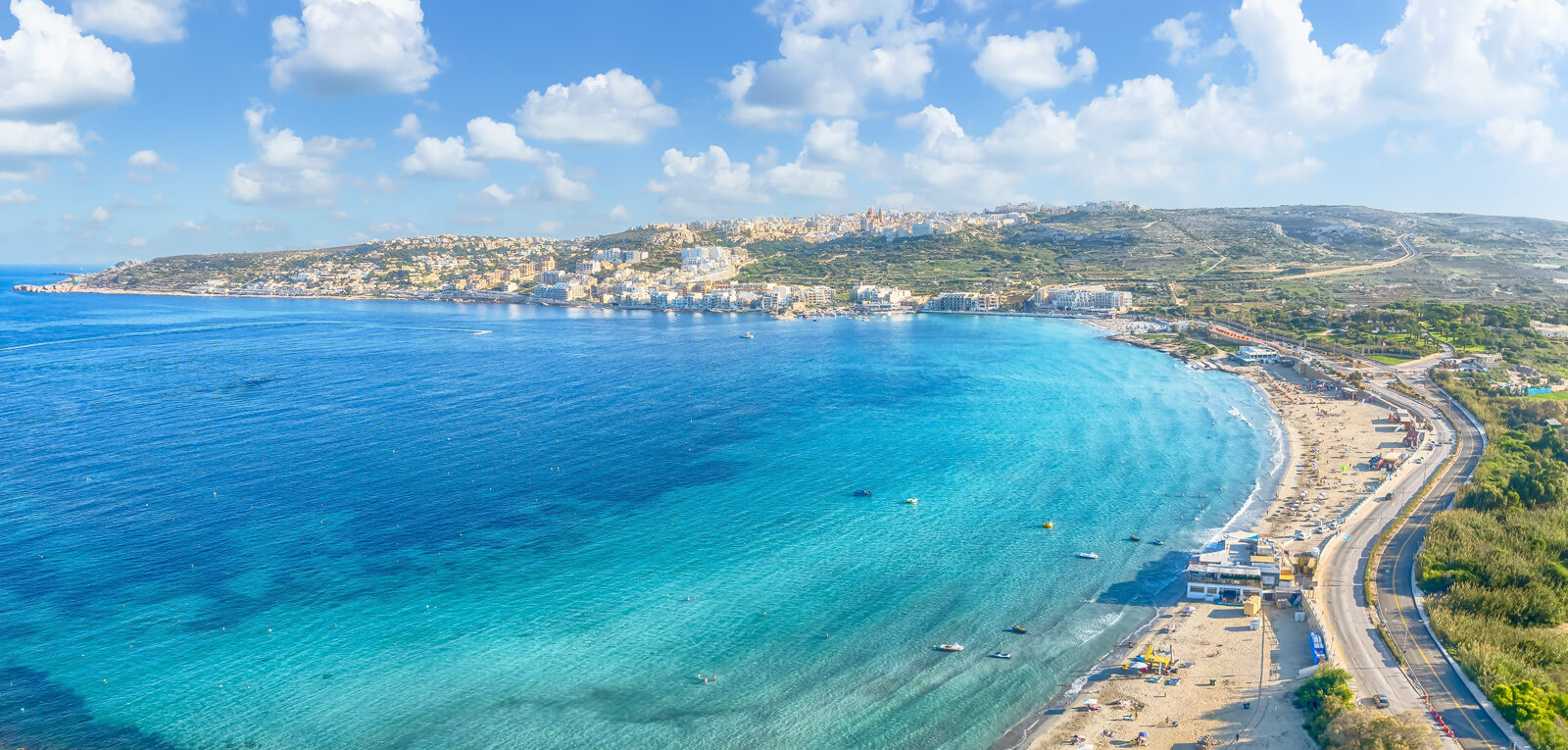Discover Malta’s attractive tax regime
Malta offers foreign investors a highly attractive tax rate that is effectively the lowest in the European Union. This has served to attract companies from around the world, allowing them to mitigate their tax burden and maximise profits. Coupled with the lack of withholding taxes on dividends, interest, royalties, and proceeds from liquidation distributed to non-residents, as well as the absence of a separate capital gains tax, wealth or inheritance taxes, Malta makes for an interesting proposition for those seeking tax efficiency. Meanwhile, the country’s extensive network of taxation treaties and the provision of unilateral tax relief protects investors and entrepreneurs from incurring double taxation.
The numerous foreign firms present on the islands can attest to the substantial savings afforded by this unique tax framework, at the centre of which is an acclaimed refund system, bolstered by an extensive network of double taxation treaties and tax relief measures. It is essential for investors to engage local tax advisors that can navigate the system to identify the optimal structure to fully capitalise on the opportunities offered by Malta’s status as a fully onshore tax-efficient jurisdiction.
The Tax Refund System
In Malta, a corporate income tax of 35 per cent is levied on the profits of all business concerns, calculated after adjusting for depreciation, unrealised losses and profits, and all expenses incurred in the production of income, as well as the interest expense on capital invested. Once the profits are distributed to shareholders as dividends, they are entitled to claim a tax refund on the taxes paid by the company. The refund rates depend on the kind of income declared by the company, and vary from 2/3rds to 100 per cent, although the portion most companies qualify to obtain as a refund is 6/7ths, generating an effective tax rate of 5 per cent.
Minimum Tax Reform: Postponed
Malta has committed to implementing a Minimum Tax Directive that would see the introduction of a minimum corporate tax rate of 15 per cent for companies generating combined revenues over €750 million. However, the Government has clarified that it will be delaying the implementation of the rules until 2030. Additionally, it has indicated that the new regime will be supplemented by a system of conditional tax credits linked to sustainability targets, allowing proactive firms to continue benefitting from some of the most competitive rates anywhere, thus maintaining Malta’s edge.
Qualifying Participation Tax Rules
Malta’s tax code exempts dividends and capital gains related to income derived from subsidiaries from taxation in Malta. These provisions draw particular interest from multinational conglomerates looking for an efficient holding structure, as well as from investment portfolios involved in the ownership, management and administration of equity holdings in other companies. Eligibility hinges on a number of factors. Notably, less than half the entity’s income can be derived from passive interest, although other conditions may be applied. Once again, the services of a local tax professional familiar with the nuances and potential benefits of the Maltese tax system is crucial.
Consumption Tax
Malta levies a tax on consumption in line with most other European Union countries. Under EU rules, the Value Added Tax (VAT) is paid in only one country, and Malta’s standard rate is set at 18 per cent. Certain economic activities benefit from reduced rates, with accommodation, for example, subject to a 7 per cent VAT rate. Medical accessories and domestic help services, among others, fall under the 5 per cent rate, while food, pharmaceuticals and all exports are taxed at 0 per cent. Certain sectors may benefit from competitive VAT calculation, including ship and aircraft registration, so be sure to consult a financial advisor to determine whether your investment is eligible.













